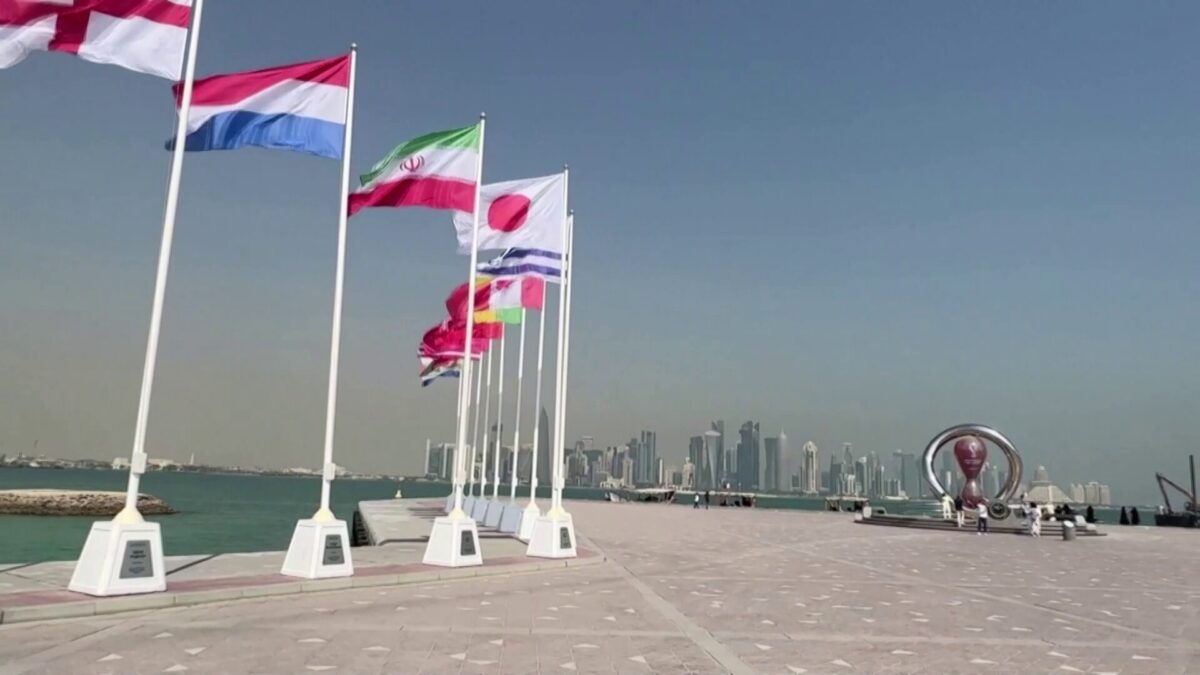Graeme Smith, an expert at the International Crisis Group, said that the upcoming Doha meeting on Afghanistan is fostering hope for the initiation of a political process.
The expert underlined that this process might lead to the inclusion of women, non-Taliban figures, and political diversity in Afghanistan’s governance. However, the International Crisis Group warns that due to the Taliban’s resistance, implementing the political aspects of the new United Nations process could span years.
With two weeks until the Doha meeting, the United Nations Secretary-General’s gathering is anticipated to appoint a special envoy for Afghanistan and inaugurate a new political process in the country. A primary objective of the special envoy will be to facilitate peace talks involving all parties, including the Taliban.
“There’s probably going to be more discussion among senior representatives about who’s going to do this difficult job because it’s going to be very difficult, and it’s probably going to be years of trying to find a way out for Afghanistan. It will take a long time to become a full member of the international community,” Smith told Amu.
He said they expect Ferydon Sinerlioglu, the United Nations special coordinator, to advocate for Western donors to pivot towards short-term humanitarian aid for Afghanistan at the Doha meeting, while simultaneously pursuing political dialogues. However, they note that the Taliban’s opposition to a special envoy may slow down the political process.
The Taliban’s Acting Minister of Foreign Affairs, in a meeting with the head of UNAMA, sought further details on the Doha meeting’s agenda and composition, stating that the Taliban’s participation would depend on these clarifications.
Nasrullah Stanakzai, a former university professor, mentioned, “On the one hand, the Taliban will oppose it, and on the other hand, China, Russia, and even Iran will insist on this [opposition to the appointment of a UN special envoy for Afghanistan], which will challenge the process.”
Concurrently, the Taliban’s political commission has been discussing the February 18th and 19th meeting in Doha. The Taliban have expressed that if a special envoy is appointed, they will not cooperate with him and the UN process, rejecting discussions on political transformation, including women’s participation and other factions.
Ramzan Ali Fasahat, a university professor, highlighted, “Voting, creating civil institutions, working in political parties, and running for official and government positions, this opportunity is also blocked for some people, and with this account, there is an equal opportunity in the field of politics.”
The Doha meeting, scheduled based on the United Nations Security Council’s December resolution and independent evaluation, will be conducted by the Secretary General with special representatives from various countries and regional organizations. The Taliban and Afghan civil society have been invited, though the Taliban have yet to clarify their participation and the composition of their delegation.





